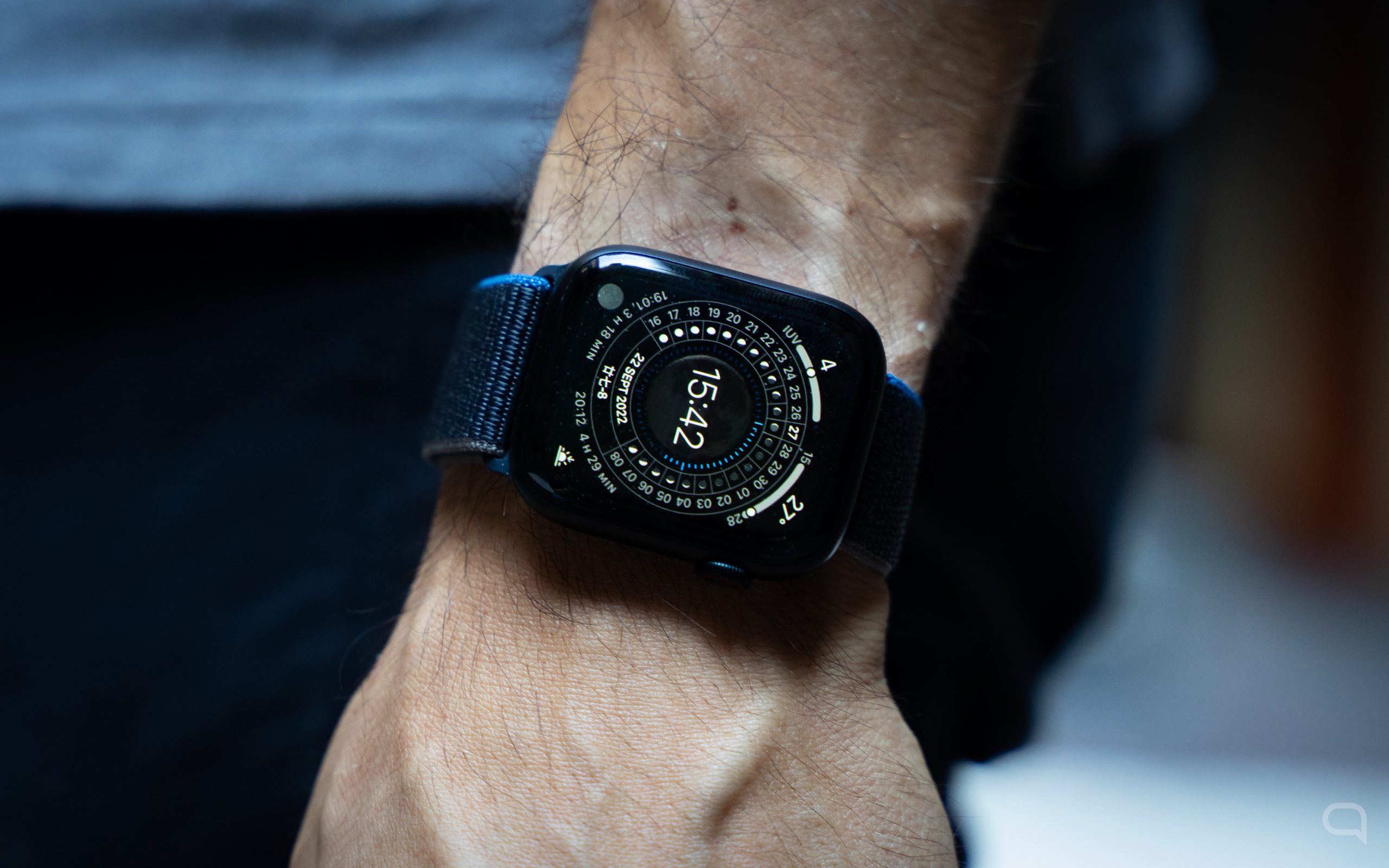At this time, a decision by Joe Biden is making a lot of noise in Apple Park. The president of United States upheld a ruling of the International Trade Commission (ITC), which in December concluded that the Apple Watch violated patents from a company called AliveCor. Situation that leaves those from Cupertino dangerously close to suffering a blockade on the importation of their smart watch in the North American country.
If Apple were forced not to import the Apple Watch into the United States, it would be a huge blow. It is that, after all, this would directly affect your marketing. But the reality is that there are nuances that make the story much more complex than you imagine.
It goes without saying that those on the block have been left in an uncomfortable position after Biden’s decision. However, it is not a situation that they are completely unaware of. In 2013, for example, the long legal battle between Apple and Samsung left the iPhone 4 and iPad 2 on the verge of being blocked in the United States for a similar situation. With the difference that on that occasion, Barack Obama vetoed the decision of the International Trade Commission.
The landscape for Apple Watch today is more challenging than ever. But at least for now the final decision on the blocking of its imports is not just around the corner. And we explain why.
The Apple Watch, in the spotlight for violating AliveCor patents
AliveCor is an applied technology company in the field of medicine. In 2015, it garnered a lot of attention for showing off an Apple Watch band that allowed users to an electrocardiogram will be performed directly from the smart watch. The accessory, dubbed the Kardia Band, was formally introduced in March 2016.
This device opened up a new range of possibilities for wearables focused on health. After all, the fact that a watch could detect signs prior to a heart attack or atrial fibrillation and notify them on the mobile, was presented as an extremely useful option and as a very seductive selling point. Something that Apple was quick to identify.
At that time, it was said that those of Cupertino and AliveCor they tried to ally to explore using heart monitoring on Apple Watch. However, each firm continued on its way and nothing was ever mentioned about it again.
In 2018, with the presentation of the Apple WatchSeries 4, the ones on the block gave the big blow: they incorporated a native option to perform electrocardiograms. A function that was endorsed by the FDA, the US Food and Drug Administration. According to Apple, your smart watch It was the first mass consumption device to offer this feature, and it could be purchased by anyone without requiring a medical prescription.
Since then, heart-monitoring sensors have become one more element in the wide variety of functions of any modern smartwatch. But AliveCor did not sit idly by and in 2021 accused Apple of stealing its electrocardiogram technology to incorporate it into the Apple Watch. Specifically, the company targeted those led by Tim Cook for violating three of his patents.
What will happen to the Apple smartwatch in the United States?

In December 2022, the US International Trade Commission ruled in favor of AliveCor, ruling that Apple had indeed used proprietary technology without permission. But not only that, but stipulated that the import of the Apple Watch to the North American market be blocked due to said infraction. At that time, those from Cupertino made their discontent public and assured that the patents on which the case was based were invalid.
After the ITC ruling in favor of AliveCor, Apple had one bullet left in the chamber: that Joe Biden vetoed it. According to the guidelines of that agency, the US president He had 60 days to review the resolution and issue his final decision.which ended up being contrary to those of Cupertino.
But from here is where things get a little more complicated. Although it was stipulated that Apple violated AliveCor’s patents and that the importation of the Apple Watch into the United States should be blocked, the latter will not happen. At least for now. Because? Because another agency of the US government also plays its role in this story.
We are talking about the US Patent and Trademark Office. More specifically, from its Patent Trial and Appeal Board, which came on the scene last December by ruling that all three patents allegedly infringed by Apple are invalid. AliveCor has appealed this determination, so while this process is underway, the block on the importation of the Apple Watch remains halted.
It is worth clarifying that the AliveCor case is not the first to threaten the sale of the Apple Watch. Earlier this year, a judge ruled that Apple infringed Masimo patents relating to the light sensors in the Apple’s pulse oximeter. smart watch.


